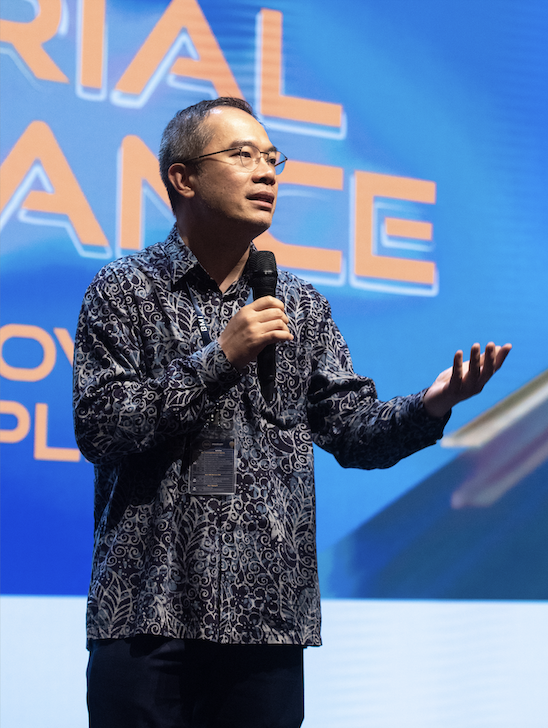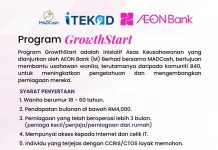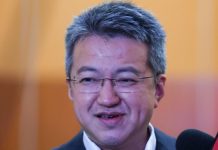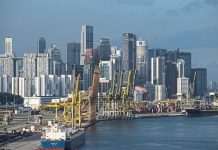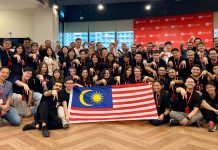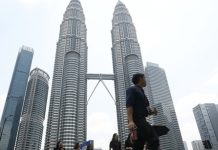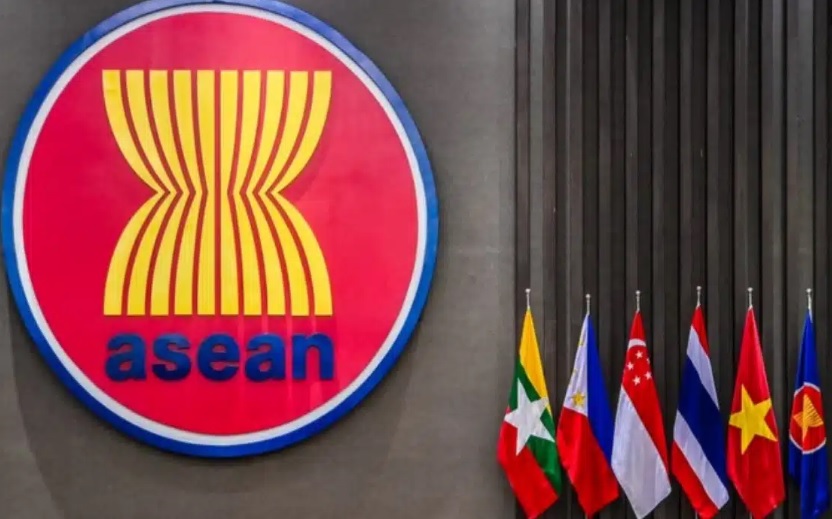
Malaysia assumed the chairmanship of ASEAN on 1 January 2025, under the theme of inclusivity and sustainability. Speaking on the occasion,
Small and Medium Enterprises Association of Malaysia (SAMENTA) national president Datuk William Ng underscored the significance of grassroots cooperation to strengthen cohesion among member states. “ASEAN is already touted as a potential fourth global economic power, and 2025 could see us consolidating into one,” he stated.
Ng highlighted the crucial role played by the region’s 70 million micro, small, and medium enterprises (MSMEs), which represent 97.2% to 99.9% of all businesses in ASEAN. He noted that the challenges faced by MSMEs in Malaysia are mirrored across the region, citing issues such as the financing gap, low productivity, digital disruption, transitioning to a low-carbon economy, and increasing regulatory compliance.
“These structural challenges are delaying the growth of MSMEs as a sector,” Ng saidd. “Almost every economy in the region has set targets to enhance the contribution of MSMEs to GDP, exports, and employment, yet most of these targets remain unmet or have grown more distant.”
Ng cited examples from Malaysia, where the MSME contribution to GDP stood at 39.1% in 2023, compared to a target of 50%. Similarly, in Singapore, MSME contributions to GDP fell from 60.8% in 2017 to 44% in 2022. In Thailand, the figure declined from 36% in 2018 to 35.2% in 2023.
Ng stressed the need for ASEAN to address barriers such as ESG adoption, digitalisation, and financing challenges. “These are new and significant obstacles for our smaller players. They are, by design or accident, impeding the growth of MSMEs. This is a classic case where the antidote is more debilitating than the poison,” he remarked.
Key Initiatives Proposed for ASEAN 2025
1. Establishing a Regional ESG Standard
Ng called for a practical regional ESG and carbon accounting standard tailored to the region’s relative growth and readiness. “ASEAN must urgently agree on standards that exclude small enterprises from complex reporting requirements,” he suggested, adding that larger companies or auditors could assist with minimal compliance checks.
2. Accelerating the Transition to Renewable Energy
He highlighted ASEAN’s natural advantages in renewable energy, citing its extensive coastlines, abundant sunlight, and powerful rivers. “2025 would be a pivotal year to extend regional cooperation on energy and advance the ASEAN Power Grid, enhancing energy security and efficiency,” Ng said.
3. Promoting Digital Economic Cooperation
Ng identified the conclusion of the Digital Economy Framework Agreement (DEFA) as a priority, urging member states to facilitate MSME participation in regional e-commerce. “The final DEFA should prioritise intra-regional trade and avoid turning ASEAN into a mere consumer market dominated by external players,” he emphasised.
4. Addressing the Financing Gap
Ng proposed piloting inter-exchangeable credit data and encouraging financial institutions to prioritise trade financing within ASEAN. “It is easier to secure a loan in Malaysia to purchase a shop in London than in a neighbouring ASEAN country,” he observed.
5. Committing to a ‘Built in ASEAN’ Policy
Ng advocated for leveraging the region’s collective strengths through a unified market approach. “A seamless movement of people and goods under a ‘Built in ASEAN’ policy can transform us into an economic powerhouse,” he noted.
6. Reducing Non-Tariff Measures
The reduction of non-tariff measures (NTMs) and bureaucratic hurdles was another priority highlighted by Ng. He pointed to Malaysia’s 2025 commitment to cutting 500 red tapes, with RM25 million allocated under a reform programme. “A region-wide KPI for reducing NTMs and red tape would greatly facilitate MSME growth,” he suggested.
A Call for Leadership
Ng concluded by emphasising the importance of Malaysia’s leadership in shaping ASEAN’s MSME policies during its chairmanship. “2025 could be a pivotal year for ASEAN and its MSMEs. Malaysia has a rare, once-in-a-decade opportunity to ensure ASEAN remains committed to empowering our MSMEs,” he said.
As Malaysia leads ASEAN, the spotlight remains on collaborative initiatives to strengthen the backbone of the region’s economies—the MSMEs.














